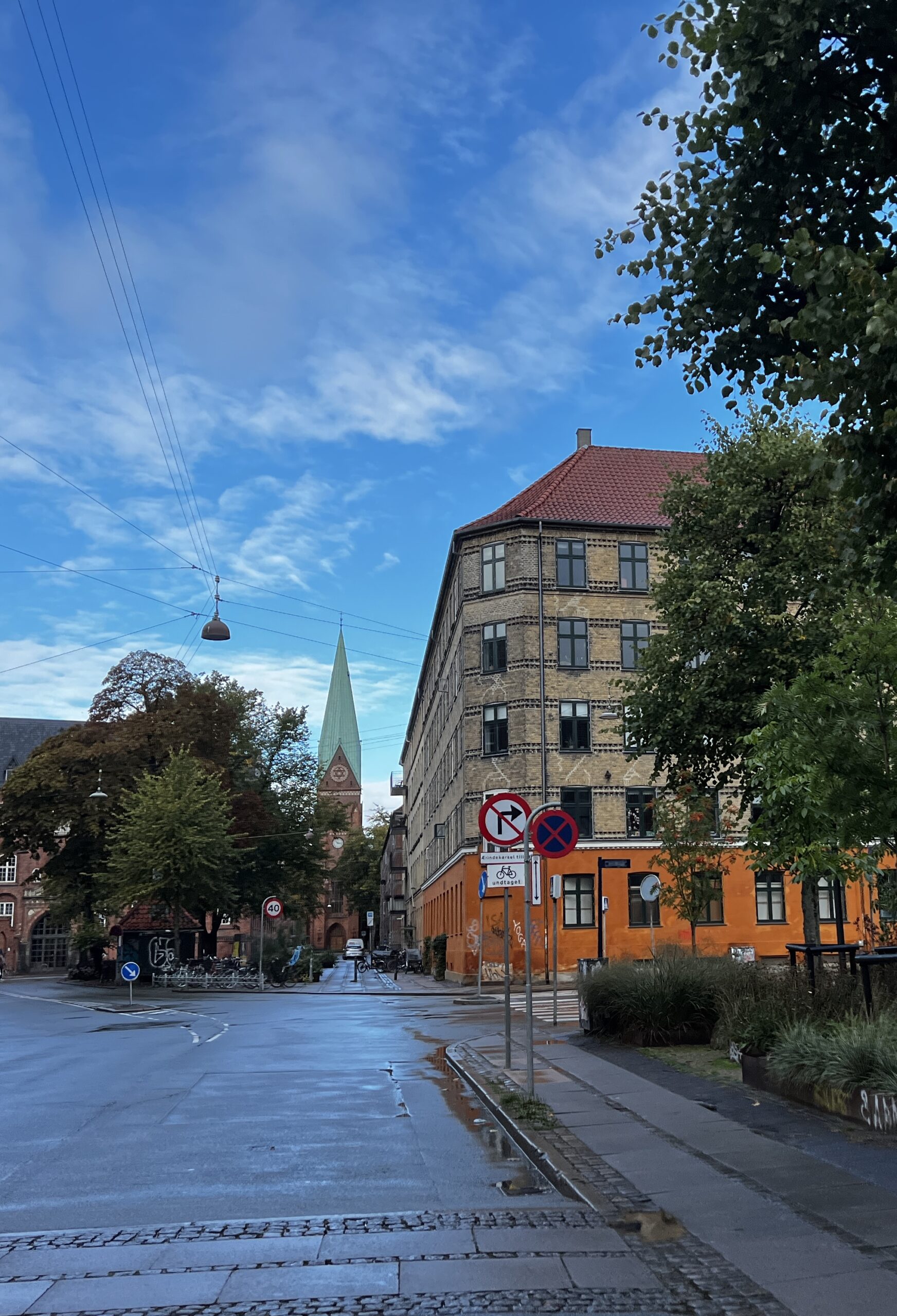By ANNA CABE

Honolulu, Hawaii
This is not a metaphor. Was it before his funeral? During? After? But, whichever time, my sister and I recollected how, the first time we went to my grandparents’ beloved Hawaii, we strolled with Grandpa by the Ala Wai Canal, a wide polluted channel which bounds and drains Waikiki. How he demonstrated his peculiar gift: Lobbing globular, yellowing blobs of spit from his mouth into the murky water. Our wide-eyed awe, delight, as the fish surfaced, eating his saliva, lump by lump. We copied him, leaning as far as our tiny bodies could over the concrete guardrail, but our spit was thin, flavorless. That must be it, because there were no takers breaching the sluggish water. We tried again, years later, before he and my grandmother died, on our second trip to Honolulu, but no fish wanted us, anything of us. I have my theories. Grandpa had diabetes, among other conditions—perhaps his body chemistry had altered his spit, made it palatable, nourishing even, to the fish? More fancifully, was it age? The decades he had on us, thickening, flavoring his saliva with everything he had ever eaten, mountains of rice and filet mignon and lobsters and lambchops marinated with his closely guarded recipe. The Internet says, sagely, that the custom of spitting on bait before fishing is for good luck. What about spit could draw fish to you, to certain death and consumption? People can, in dire situations, use saliva to clean themselves. Perhaps spit can erase the coming danger from the fish, as if purifying bait of fishermen’s culinary intentions. I am thinking now of when I taught my students a poetry collection by a fellow Filipino diaspora writer, how they thought the crucifixions in the poems were metaphorical. Their gaping mouths when I explained that no, in my mother’s native Pampanga, people willingly and literally crucify themselves, a bloody tribute to their adored Christ. I come from a people whose faith is physical, enacted in flesh. Here in the Hawaii my grandparents loved, after they both died within the sacred forty days, one after the other, I can feel them here. Like they’re walking next to me, shadowing each step. Like if I spit into the canal, the water’s surface will break.
Anna Cabe’s work has appeared or is forthcoming in Slate, Vice, Rappler, The Margins, decomp, West Branch, Atticus Review, Iron Horse Literary Review, The Masters Review, Slice, StoryQuarterly, The Toast, Joyland, and Fairy Tale Review, among others. She received her MFA from Indiana University and has been supported by organizations like the Fulbright Program in the Philippines and Millay Arts. She is currently a fiction editor forSplit Lip Magazine. You can find Anna at annacabe.com.




